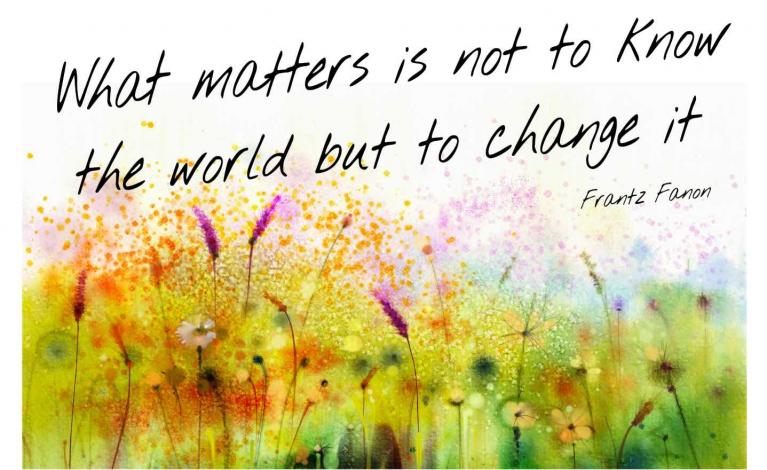Latest Resources

10 February 2020
IPC’s letter on UN Food Systems Summit: Call for support
The International Planning Committee for Food Sovereignty (IPC) calls on CSOs to endorse their letter of concern to the UN regarding the 2021 World Food Summit Since the 1996 Food and Agriculture Organization of the United Nation’s (FAO’s) World Food Summit (WFS) in Rome, civil society organisations (CSOs) supporting food sovereignty have created alliances across […]

6 November 2019
Changing the discourse, policy and practice in farmer seed systems in Africa
The ACB is excited to share this new briefing paper (see below for English, French and Portuguese versions), highlighting key issues relating to recognition and support for farmer seed systems in Africa and beyond. Farmers’ seed constitutes the majority of seed used and exchanged. Crops produced from this seed contribute substantially to food and nutrition […]

18 October 2019
Prudence versus Pressure at the Seed Treaty
Will the critical need to address digital sequence information break the Seed Treaty’s effort to fix its benefit-sharing system? It probably should. (Veuillez cliquer ici pour le français) (Por favor, haga clic aquí para el español) In November 2019, the International Treaty on Plant Genetic Resources for Food and Agriculture (“Seed Treaty”) will meet in […]

8 October 2019
Crunch Time for the Seed Treaty
A review of some outstanding issues in the negotiation Will the effort to fix ITPGRFA’s broken benefit sharing system measure up to expectations? (Veuillez cliquer ici pour le français) (Por favor, haga clic aquí para el español) This paper reviews the key outstanding issues that are expected to be discussed by the ITPGRFA Governing Body, […]

8 July 2019
Seed and gene banks play a critical role in conserving and sharing indigenous crop seeds
On a trip to Harare for partnership exploration meetings, the African Centre for Biodiversity visited the Genetic Resources and Biotechnology Institute of Zimbabwe. Gene banks such as these are primarily established to conserve the genetic resources that form the basis for all food production. Seed collections start at the level of community seed banks and […]

16 April 2019
Agroecology as an alternative (Video four of a four-part series)
In August 2018, the Rural Women’s Assembly (RWA) and the African Centre for Biodiversity (ACB) hosted a speak-out for SADC smallholder farmers in Windhoek, Namibia, on Farm Input Subsidy Programmes (FISPs). FISPs are government agricultural programmes that promote Green Revolution inputs produced by multinational corporations, such as chemical fertilizers. In Ghana, for example, up to […]

28 March 2019
Cyclone Idai’s warning – Shift to agroecological systems that work with nature or suffer more dev...
Ranked as one of the worst tropical storms on record to hit Africa, Cyclone Idai made landfall in Beira on Thursday 15 March, before lacerating its way across central Mozambique and then on towards neighbouring Malawi and Zimbabwe. Heavy rains, flooding and storm damage has resulted in devastation on a vast scale. It is estimated […]

20 March 2019
Alternatives to FISP: Farm Input Subsidy Programmes in Africa
In August 2018, the Rural Women’s Assembly (RWA) and the African Centre for Biodiversity (ACB) hosted a speak-out for SADC smallholder farmers in Windhoek, Namibia, on Farm Input Subsidy Programmes (FISPs). FISPs are government agricultural programmes that promote the use of Green Revolution inputs produced by multinational corporations. These top-down packages have proven to be […]

13 March 2019
Experiences of FISP: Farm Input Subsidy Programmes in Africa
In August 2018, the Rural Women’s Assembly (RWA) and the African Centre for Biodiversity (ACB) hosted a speak-out for SADC smallholder farmers in Windhoek, Namibia, on Farm Input Subsidy Programmes (FISPs). FISPs are government agricultural programmes that promote the use of Green Revolution inputs produced by multinational corporations. Farmers were not properly consulted about their […]

